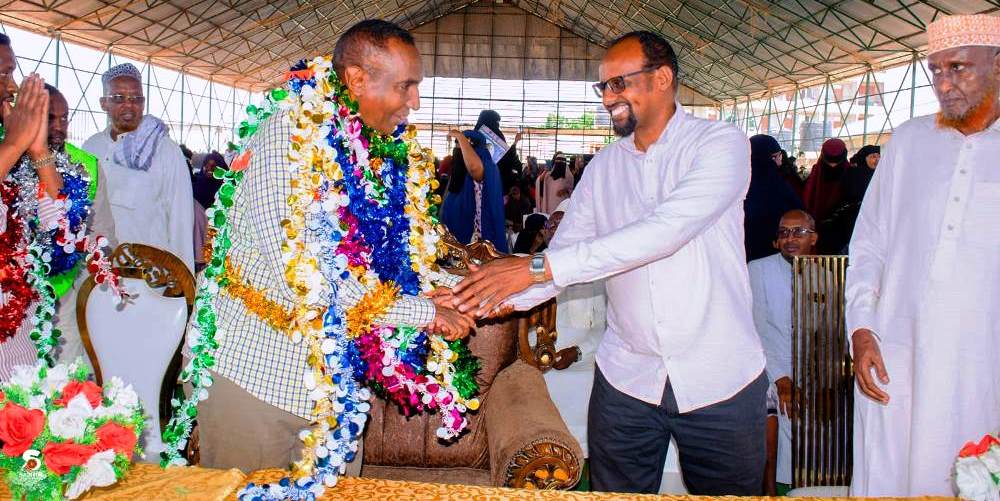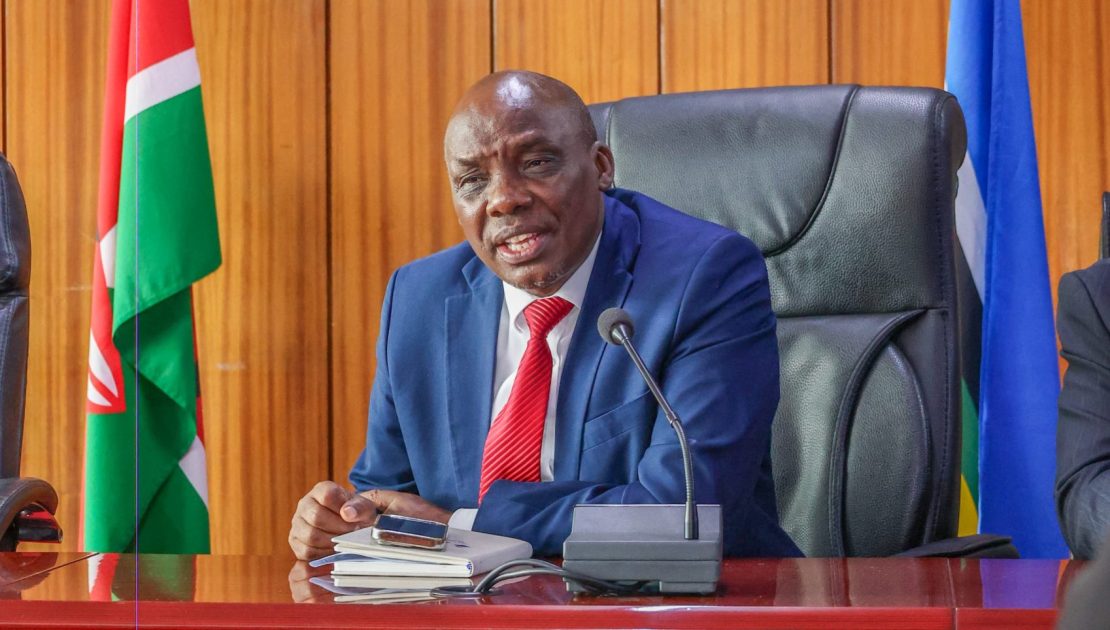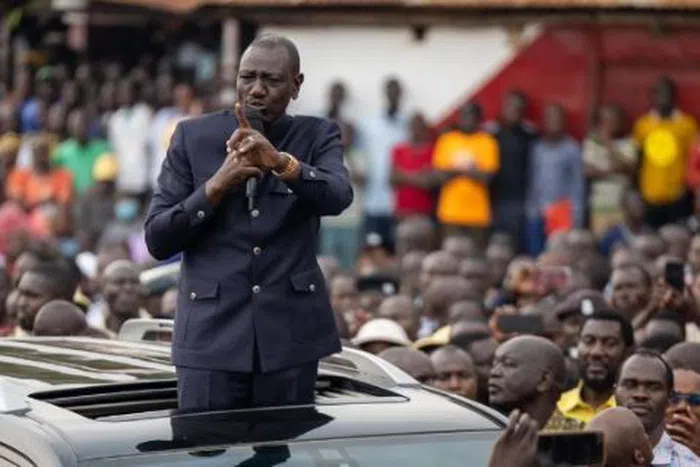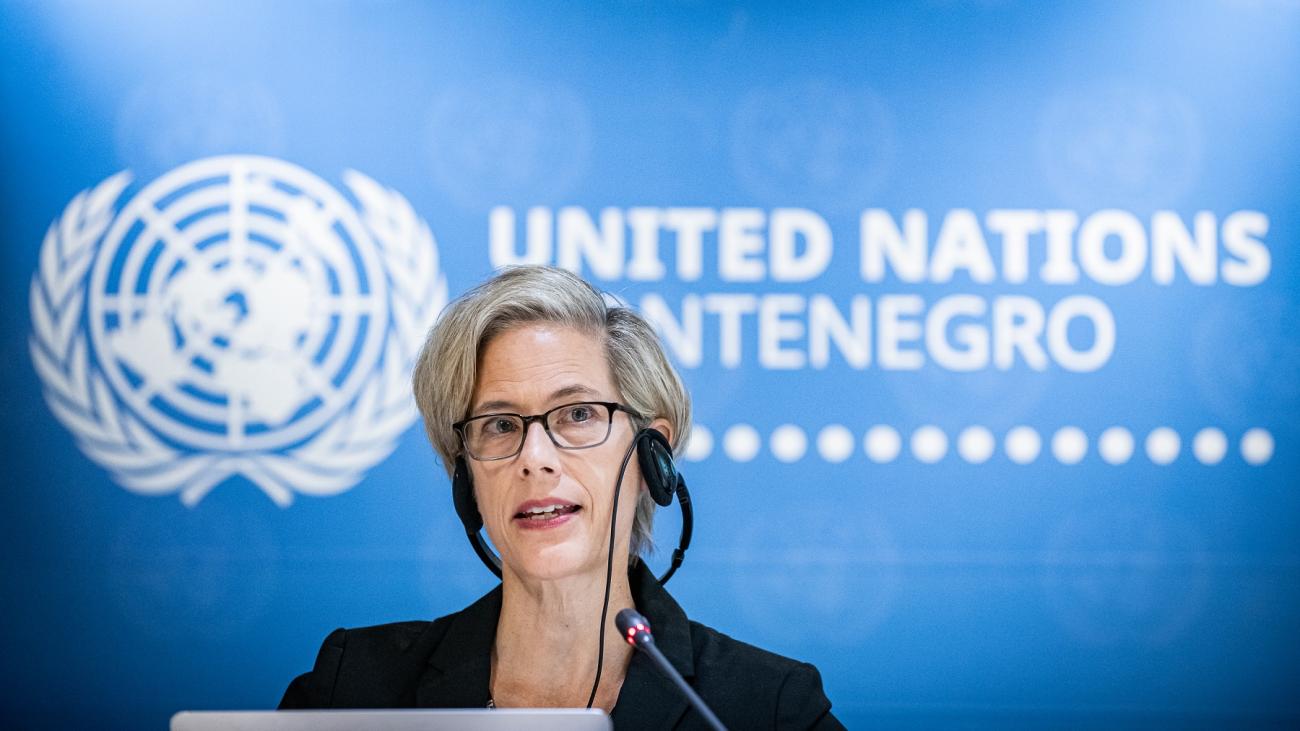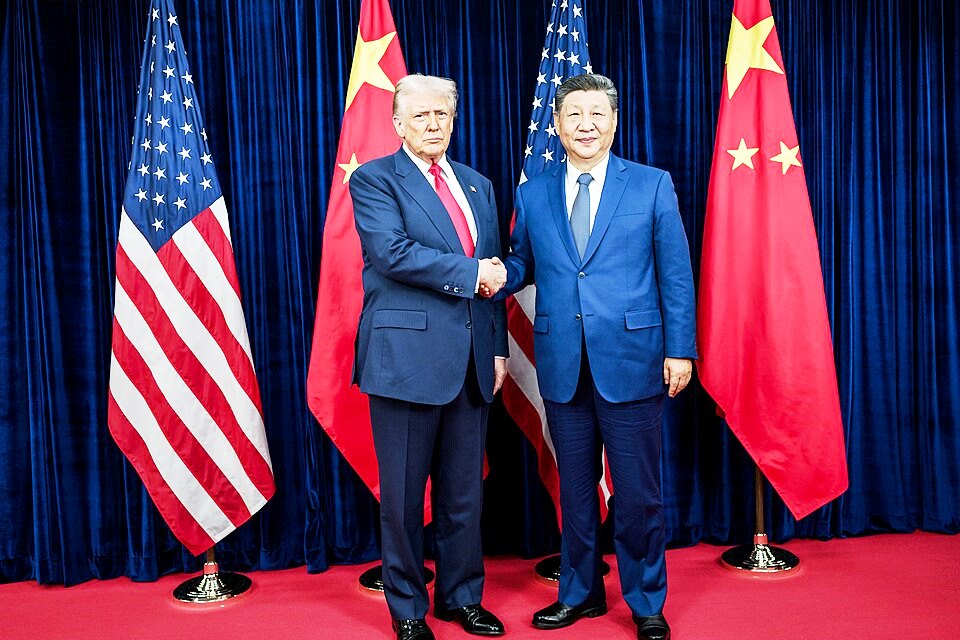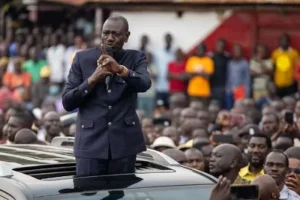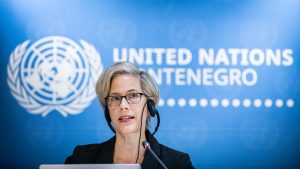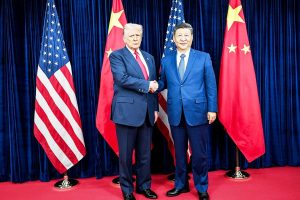Agriculture Principal Secretary (PS), Dr. Paul Kiprono Ronoh. PHOTO/UGC.
By DANIEL KURIA
In recent weeks, Kenya’s tea industry, one of the country’s most vital economic engines—has found itself embroiled in controversy, with allegations of political interference from none other than the Agriculture Principal Secretary (PS), Dr. Paul Kiprono Ronoh.
While Dr. Ronoh’s recent public comments have stirred up a hornet’s nest, the underlying story is far more insidious, suggesting a calculated move to destabilise the Kenya Tea Development Agency (KTDA) Board for his own political gain.
The stakes in Kenya’s tea sector are enormous. With over half a million smallholder farmers relying on tea for their livelihood, the KTDA has long been seen as the custodian of their interests.
This body, which manages more than 60 factories across the country, has been central to improving farmer welfare, championing higher bonuses, and fostering a fairer system. Yet, Dr. Ronoh’s recent actions, marked by public criticism of KTDA’s leadership and governance, have cast a long shadow over the agency’s future.
At the heart of the controversy is Dr. Ronoh’s repeated condemnation of KTDA’s board members, whom he accuses of sabotaging government reforms aimed at increasing farmer earnings. In his statements, he has laid the blame for diminishing and uneven bonus payments squarely at the feet of KTDA’s leadership.
His rhetoric, however, has not been well received. Farmers, those who should be the ultimate beneficiaries of any reforms, have reacted furiously to the accusations, labelling them as reckless and divisive.
These charges have deeper implications, suggesting that the PS is using his position not to improve the tea sector, but to score political points.
The timing of his comments coincides with growing speculation that Dr. Ronoh intends to run for the gubernatorial seat in Kericho in 2027.
To many, this appears to be less about genuine sector reform and more about manipulating the tea sector’s dynamics to build political capital ahead of an election. Such machinations may be familiar in Kenya’s deeply politicised environment, but the question must be asked: should the future of an entire sector be subject to the whims of electoral ambition?
Dr. Ronoh’s actions have dangerously escalated ethnic tensions within the tea-growing regions. His insinuations about KTDA’s supposed mishandling of bonus allocations have been interpreted as stoking tribal divisions, with insinuations that certain ethnic groups are disproportionately benefitting.
This kind of rhetoric, if left unchecked, risks fracturing a sector that has made considerable strides toward unity and progress in recent years. Compounding these concerns are allegations that Dr. Ronoh may be pursuing his own business interests at the expense of the sector he is meant to protect.
Reports suggest that the PS owns a private tea factory which is involved in the production of machine-picked tea, widely regarded as inferior to hand-plucked tea.
This practice, some argue, is contributing to price instability in the market and damaging Kenya’s hard-earned reputation for high-quality tea.
If these reports are true, Dr. Ronoh’s involvement in a competing business raises serious questions about his motivations and the potential conflict of interest inherent in his position as PS for Agriculture.
How, farmers and industry experts ask, can Dr. Ronoh simultaneously advocate for reforms that benefit the entire tea industry while operating a business that appears to be working against the industry’s best interests?
This apparent contradiction undermines his credibility and raises concerns about his integrity in overseeing one of Kenya’s most important sectors.

PS Agriculture, Dr. Kipronoh Ronoh Paul, speaking at a past event.PHOTO/UGC.
Perhaps the most alarming aspect of Dr. Ronoh’s campaign against KTDA is the suggestion that his calls for reforms may not be rooted in a desire to improve the sector, but rather to erode the independence of the agency.
The government’s recent commissioning of an audit of KTDA’s operations amid bonus complaints has only heightened fears of politically motivated interference.
For many farmers, there is a deep mistrust of any audit that is not conducted within the established governance frameworks of KTDA. They argue that any attempt to alter KTDA’s internal workings without the participation of the board is tantamount to undermining the democratic processes that have allowed the agency to regain farmers’ trust.
Such moves could erode the autonomy of KTDA and its ability to govern itself without external interference, an independence that has been crucial to its success in recent years.
The threat of political interference is not just theoretical; it is already being felt. Farmers are warning that if Dr. Ronoh’s attacks lead to the implementation of controversial policies, such as the proposed Ksh 3 per kilogram deduction on bonuses, or if his efforts result in a breakdown of KTDA’s governance structure, they will have no choice but to take industrial action.
This would have catastrophic consequences for the industry, potentially undermining years of reform and progress.
Amidst this turmoil, farmer groups have made it abundantly clear that they are not interested in being pawns in Dr. Ronoh’s political ambitions.
They have called for a return to policies focused on improving productivity, stabilising the market, and fostering genuine reform, goals which have been stymied by recent meddling. The message is loud and clear: the agriculture sector must be insulated from political gamesmanship if it is to thrive.
At the heart of these calls is a renewed plea for leadership that prioritises the farmers, rather than politicians seeking to leverage the sector for personal gain.
The reforms initiated under KTDA chairman Mr. Chege Kirundi have shown promise, bringing renewed confidence and stability to tea-growing areas such as Kericho and Murang’a.
Farmers now feel more empowered to manage their own economic destinies, and they are deeply invested in maintaining the hard-won autonomy of KTDA.As tensions escalate, it is clear that the current crisis threatens not just the stability of KTDA but the future of Kenya’s entire tea sector.
President William Ruto now faces a pivotal moment: will he allow this politically motivated destabilisation to continue, or will he take decisive action to protect the autonomy of the KTDA and ensure that Kenya’s tea industry remains on track for future growth?
The stakes are high, not just for the farmers but for Kenya’s economy as a whole. The tea sector is a vital source of foreign exchange and a lifeline for millions. Any failure to resolve this crisis could lead to irreparable damage, both to the industry’s reputation and its ability to weather global market fluctuations.
In these uncertain times, the message from Kenya’s tea farmers is clear: it is time for leaders to stop playing political games with their livelihoods and instead prioritise genuine, farmer-focused reforms.
Only then can Kenya’s tea sector continue to prosper and secure its place as a global leader in the industry.
